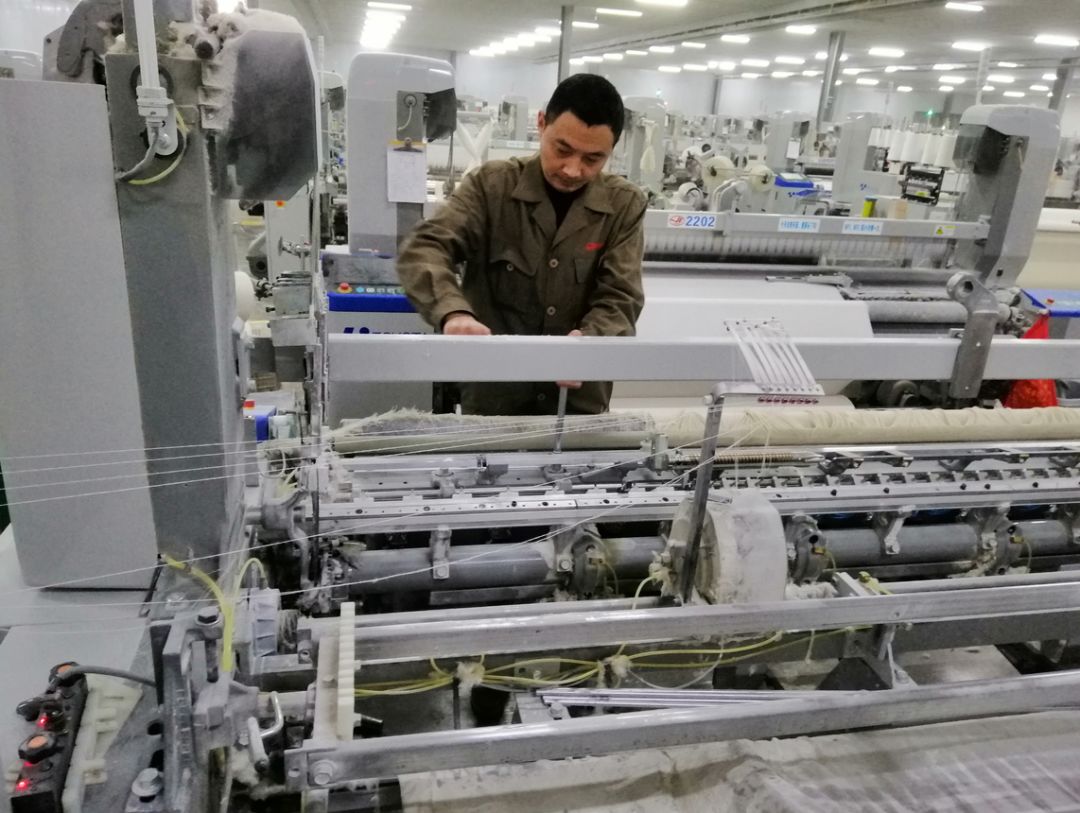Is Textile Factory Work a Good Job?
Working in a textile factory can be a good job, depending on your perspective and circumstances. On one hand, textile factory work can provide a stable income and benefits, such as healthcare and retirement plans. It can also offer opportunities for career advancement and learning new skills.On the other hand, textile factory work can also be challenging. It requires physical labor, which can be physically demanding and monotonous. The environment can also be noisy and dusty, which can affect your health and well-being.If you are considering working in a textile factory, it is important to weigh the pros and cons carefully. Consider your own interests, abilities, and values to determine if this job is a good fit for you.
Textile factories have long been a significant source of employment in many countries, offering jobs to people of all ages and skill levels. But is working in a textile factory really a good job? Let’s explore the pros and cons of textile factory work to help you decide.
Pro: Employment Opportunities
One of the main advantages of textile factory work is the employment opportunities it provides. Textile factories are often able to hire a large number of workers, offering jobs to people who may not have many other options. This includes those who may be unemployed, underemployed, or looking for a change in career. Textile factories provide a stable job with regular paychecks, which can be a major draw for many people.
Pro: Skill Development

Another pro of textile factory work is the skill development it offers. While some textile factories require little more than basic labor, others require a high level of expertise and precision. Workers in these factories must learn to operate complex machinery, understand production processes, and troubleshoot problems quickly. This type of work can offer a challenging and rewarding career path for those who are willing to put in the time and effort to learn and improve their skills.
Pro: Teamwork and Socialization
Textile factory work also offers an environment where teamwork and socialization are important. Workers must collaborate with each other to ensure the smooth running of the factory, and they often form strong bonds with their colleagues. This can provide a sense of community and support that is lacking in some other types of work. Additionally, the socialization aspect of textile factory work can help workers feel more connected to their community and provide a sense of purpose and belonging.
Con: Physical Demands
One of the main drawbacks of textile factory work is the physical demands it places on workers. Textile factories often require workers to stand for long hours, lift heavy objects, and operate complex machinery. This type of work can be physically challenging and may not be suitable for everyone. Additionally, the repetitive nature of the work can lead to boredom and frustration for some workers.
Con: Environmental Impact

Another con of textile factory work is the environmental impact it has. The textile industry is one of the most polluting industries in the world, with factories often discharging large amounts of waste and pollution into the environment. This not only affects the health of the workers but also has a negative impact on the wider environment. Many factories are now trying to adopt more sustainable practices to reduce their environmental footprint, but this is not always possible or affordable.
Con: Long Hours and Low Pay
One of the most significant concerns for many people considering textile factory work is the long hours and low pay often associated with these jobs. While some factories offer decent wages, others pay less than minimum wage or require workers to put in long hours without proper compensation. This can make it difficult for workers to support their families or save for a better future. Additionally, the nature of textile factory work often means that workers are unable to take time off easily, making it difficult to balance work with other aspects of their lives.
In conclusion, textile factory work has its pros and cons. It provides stable employment opportunities, allows for skill development, and offers an environment where teamwork and socialization are important. However, its physical demands, environmental impact, and long hours with low pay can make it a challenging career choice for some people. Before deciding whether or not to pursue a career in textile factory work, it is important to carefully consider all of these factors so that you can make an informed decision about your future career path.
Articles related to the knowledge points of this article:
Title: An Insight into the Textile Industry: A Review of Textile Mills
Title: Keeming Textile Mill: A Legacy of Quality and Innovation
Shanxi Textile Mills: A Century of Prosperity and Transition



